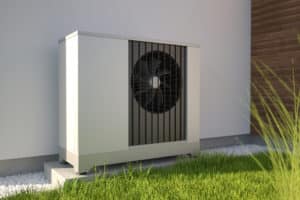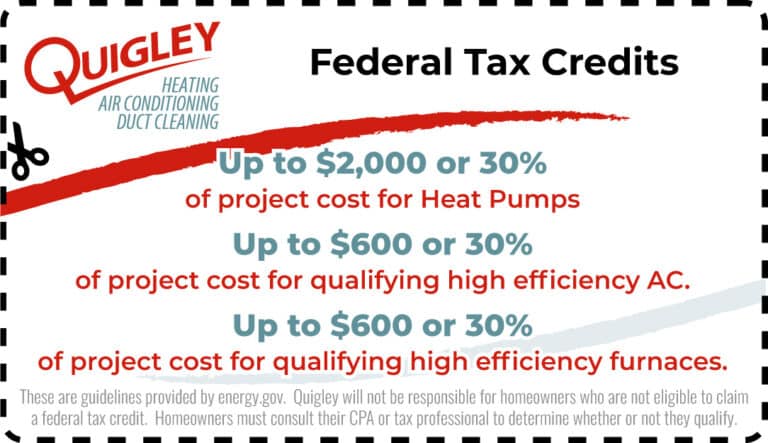We know you have heard the term, but you might not fully understand what a heat pump is, what it does, and if you have one. We are going to give you a crash course in heat pumps so you can correctly identify your HVAC system when reporting a problem. Knowing what components are involved can help your technician get a head start on solving the problem before they even get to your house.
A heat pump is a device used to move heat from one location to another. And, it requires very little energy to do this. A heat pump functions exactly like a typical air conditioner throughout the summer. Standard air conditioners capture extra heat within your home and dissipate it outdoors using a refrigerant. The refrigerant fluid’s pressure is altered to achieve this. The refrigerant will readily absorb any heat present in the air at low pressures, evaporating from a liquid to a gas. Since a gas refrigerant has a higher energy content than ambient air when under high pressure, it transfers heat to the air around it and condenses back into a liquid when it cools. Even on extremely hot days, a heat pump can remove heat from your house by regulating the pressure of the refrigerant. In the winter, a heat pump performs a similar cycle “run backward” to bring heat energy from the outside into your home.
Now that you know how heat pumps work, how do you know if you have a heat pump or a conventional system? First you want to go outside and check if there is a metal plate listing the manufacturer and model number on the unit. This plate may state if it is a heat pump or air conditioner but if it doesn’t, look up the brand and model number online and you should find out. If there is no distinguishable numbers or markings on the unit, there is an even easier way to know. Turn your thermostat to HEAT and then bump the temperature up so a heating cycle begins. Go outside and if the unit is on and blowing air, congratulations, it’s a heat pump!
Maybe you are a first-time homeowner or maybe you never questioned what’s making your house cooler or warmer. Whatever the situation, it’s fine not knowing. That’s why we are here! Our blog collection covers a variety of topics and may be able to answer some of your questions. But if you need immediate expert help, Quigley’s knowledgeable and trained staff are just a phone call away.







